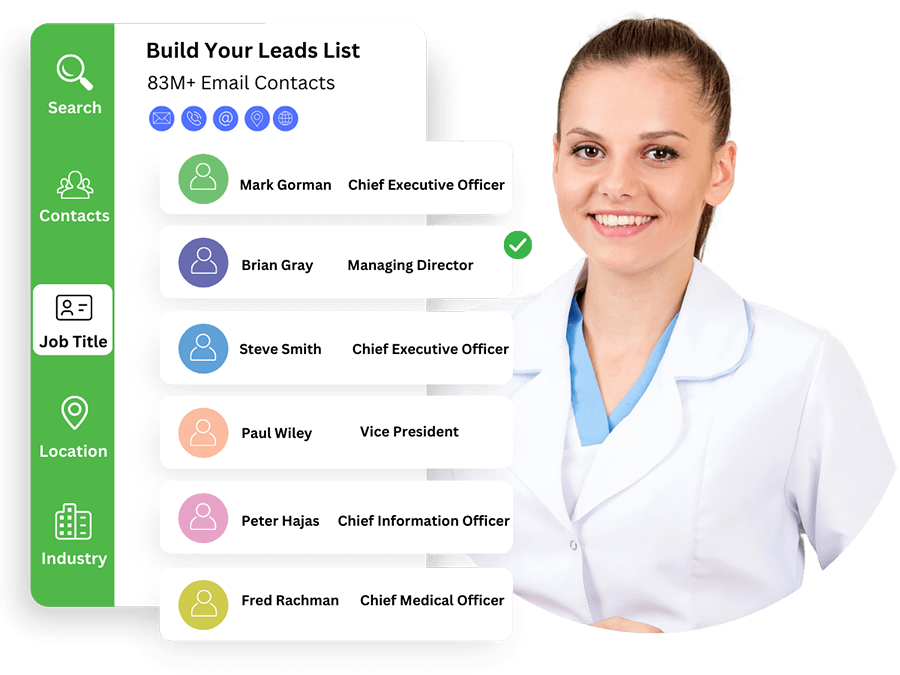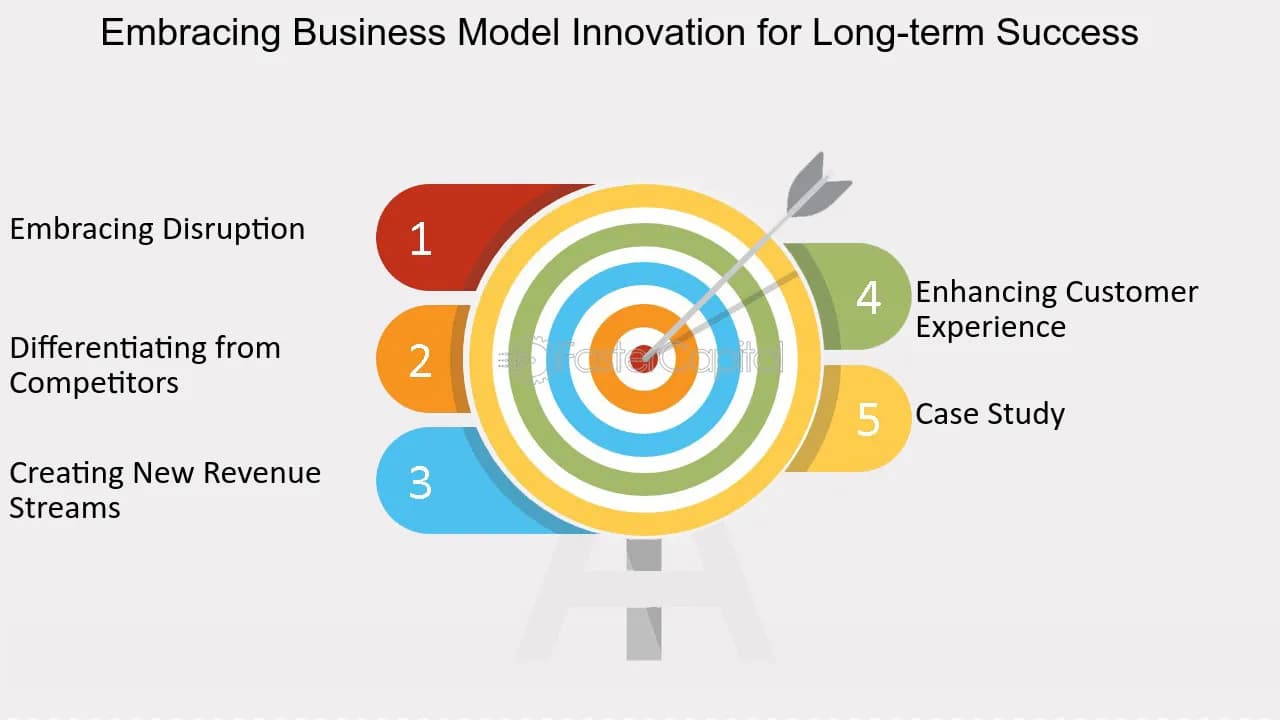In today’s competitive business landscape, small businesses need to implement effective marketing strategies to stand out and thrive. This article will delve into various strategies that can help small businesses boost their visibility, attract customers, and ultimately grow their brand. We’ll cover everything from digital marketing to traditional advertising, ensuring you have a well-rounded marketing plan. So, let’s get started with our 2000-word guide on how small businesses can market themselves effectively.
Introduction
Effective marketing is the cornerstone of small business success. In today’s digital age, it’s crucial to embrace a multi-faceted approach to reach your target audience and surpass your competition. In this comprehensive guide, we’ll explore various marketing strategies that can elevate your small business’s presence and profitability.
Understanding Your Target Audience
Before diving into marketing tactics, it’s essential to understand your target audience. Knowing their preferences, needs, and pain points will help you tailor your marketing efforts effectively.
Creating Customer Personas
Creating detailed customer personas can provide invaluable insights into your audience. These are fictional representations of your ideal customers, helping you fine-tune your marketing strategies to resonate with them.
Building a Strong Online Presence
In today’s digital world, your online presence is your storefront. It’s where potential customers first interact with your brand. Building a strong online presence is non-negotiable.
Responsive Website Design
Your website should be responsive and user-friendly. Ensure it looks and functions well on both desktop and mobile devices to cater to a broader audience.
Content Marketing
Content is king in the digital realm. Producing valuable, informative, and engaging content can attract and retain customers.
Blogging for Business
Blogging allows you to showcase your expertise and build trust with your audience. Regularly publish high-quality blog posts that address your customers’ pain points.
HOW TO CREATE A FREE BLOGSPOT GOOGLE ON BLOGSPOT IN 4 EASY STEPS & MAKE MONEY
Social Media Marketing
Social media platforms are fertile grounds for engaging with your audience and building a community around your brand.
Crafting Compelling Social Media Posts
Use storytelling, visuals, and interactive content to create posts that resonate with your followers and encourage them to share.
Search Engine Optimization (SEO)
SEO is vital for improving your website’s visibility on search engines like Google.
How to Choose the Right Pair of Banana Republic Eyeglasses Frames?
Keyword Research and Optimization
Identify relevant keywords and incorporate them naturally into your website content to boost your search engine rankings.
Email Marketing
Email marketing remains a powerful tool for nurturing leads and retaining customers.
Personalized Email Campaigns
Segment your email list and send personalized content and offers based on customer behavior and preferences.
Pay-Per-Click (PPC) Advertising
PPC advertising allows you to drive targeted traffic to your website by bidding on keywords.
A/B Testing Ad Campaigns
Continuously test and optimize your PPC ad campaigns to maximize your return on investment (ROI).
Networking and Partnerships
Collaborating with other businesses can extend your reach and credibility.
Building Win-Win Partnerships
Seek out businesses that complement your own, and explore mutually beneficial marketing opportunities.
Customer Reviews and Testimonials
Leverage the power of social proof by showcasing positive reviews and testimonials.
Encourage Customer Feedback
Engage with your customers and encourage them to leave reviews and provide feedback.
Traditional Advertising
Don’t neglect traditional advertising avenues like print media and direct mail.
Measuring Offline Impact
Implement unique tracking methods to measure the effectiveness of your offline marketing efforts.
Measuring and Analyzing Results
To refine your marketing strategies, you need to analyze data and measure results.
Key Performance Indicators (KPIs)
Identify KPIs that align with your business goals and regularly track them to gauge your marketing success.
Staying Updated on Marketing Trends
The marketing landscape is ever-evolving. Stay informed about the latest trends and technologies.
Embracing Emerging Technologies
Explore emerging technologies like AI and AR to stay ahead of the competition.
Conclusion
In conclusion, effective marketing is the lifeblood of small businesses. By understanding your audience, embracing digital tools, and continually refining your strategies, you can achieve remarkable growth and success.
Frequently Asked Questions (FAQs)
FAQ 1: What is the most cost-effective marketing strategy for small businesses?
The cost-effectiveness of a marketing strategy depends on your specific business and goals. However, content marketing and social media marketing often offer a high ROI for small businesses.
FAQ 2: How can I measure the success of my marketing efforts?
Use key performance indicators (KPIs) relevant to your goals, such as website traffic, conversion rates, and customer acquisition cost, to measure the success of your marketing efforts.
FAQ 3: Is traditional advertising still relevant for small businesses in the digital age?
Yes, traditional advertising can still be effective when used strategically alongside digital marketing. It depends on your target audience and objectives.
FAQ 4: What role does branding play in small business marketing?
Branding is crucial for creating a memorable and trustworthy image for your small business. It helps you stand out in a competitive market.
FAQ 5: How often should I update my marketing strategies?
Regularly review and update your marketing strategies to adapt to changing market conditions, customer preferences, and emerging trends.
HOW TO START A DROPSHIPPING BUSINESS: A COMPREHENSIVE GUIDE














